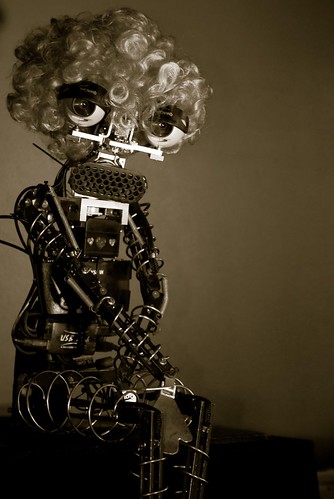In
IBM's Watson: A Hard Case (at NPR), UC Berkeley professor of philosophy Alva Noë ruminates on the nature of Watson:
AI [artificial intelligence] is applied philosophy. AI curates opportunities for us to think about what we would say about the hard cases. At its best, AI gives us new hard cases. That's what IBM's, Jeopardy-winning Watson is....
People wonder whether it's legitimate to talk of Watson as a He, but really the more pressing question is whether we can even speak of an It. In an important sense, there is no Watson....The avatar, the voice, the name — these are sleights of hand. The Watson System is staged to manipulate strings of symbols which have no meaning for it. At no point, any where in its processes, does the meaning, or context, or point of what it is doing, ever get into the act. The Watson System no more understands what's going on around it, or what it is itself doing, than the ant understands the public health risks of decomposition. It may be a useful tool for us to deploy (for winning games on Jeopardy, or diagnosing illnesses, or whatever — mazal tov!), but it isn't smart.
Photos by Brian Duffy. Used under CC license. Click images to access originals.







